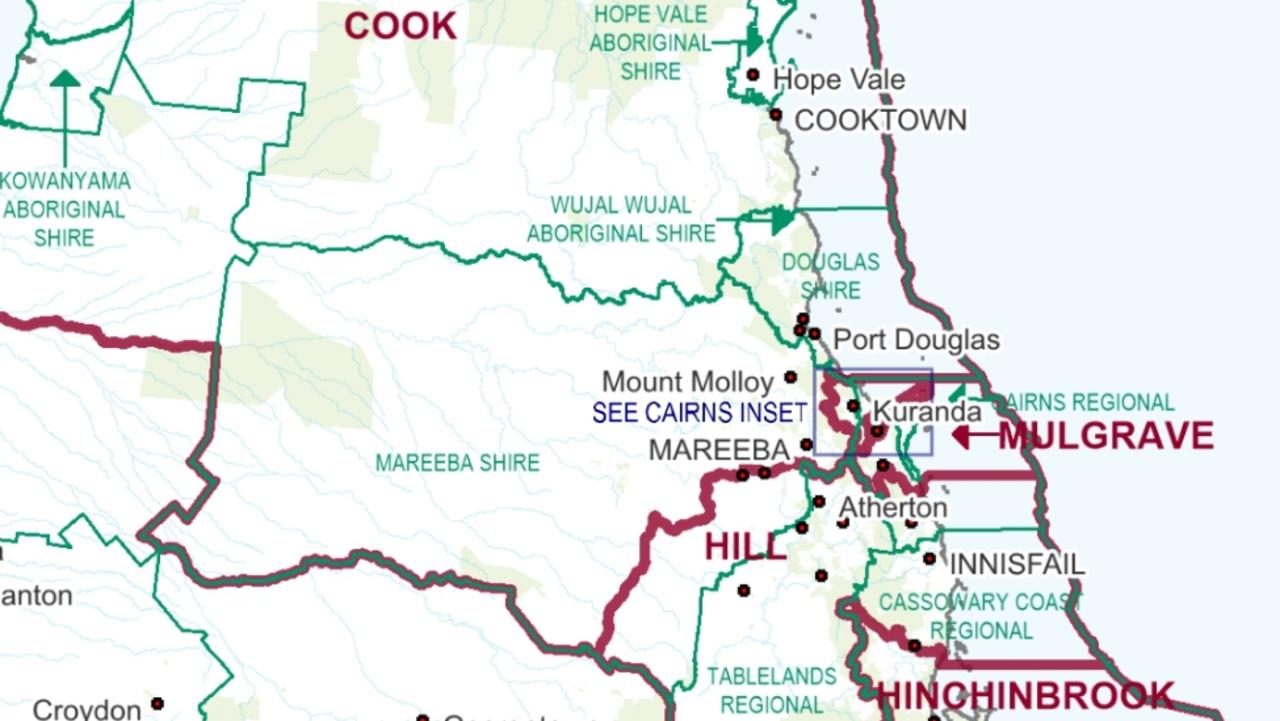Game changing new way to detect deadly marine stingers
Simple and cheap detection of potentially deadly marine stingers through groundbreaking new research could soon give swimmers a clear idea of whether it’s safe to get in the water.
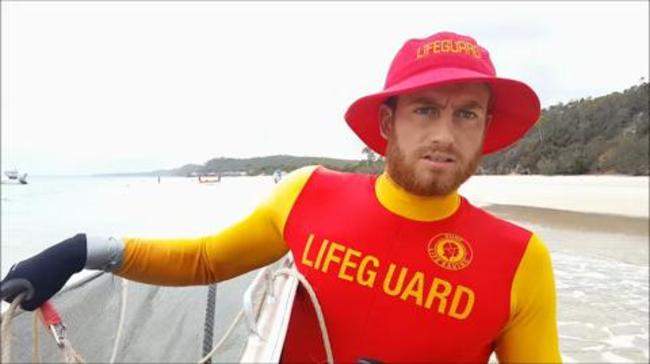
Cairns
Don't miss out on the headlines from Cairns. Followed categories will be added to My News.
SIMPLE and cheap detection of potentially deadly marine stingers in North Queensland waters could soon give swimmers a clear idea of whether it’s safe to get in the water.
Groundbreaking new research to develop eDNA-based technology able to detect the presence of box jellyfish and irukandji has taken a giant leap forward with the release of a James Cook University student honours project this month.
Marine biologists Brett Bolte and Julie Goldsbury’s work on the detection of stingers by creating a specific agent to detect four different venomous jellyfish species has attracted strong interest from the CSIRO.
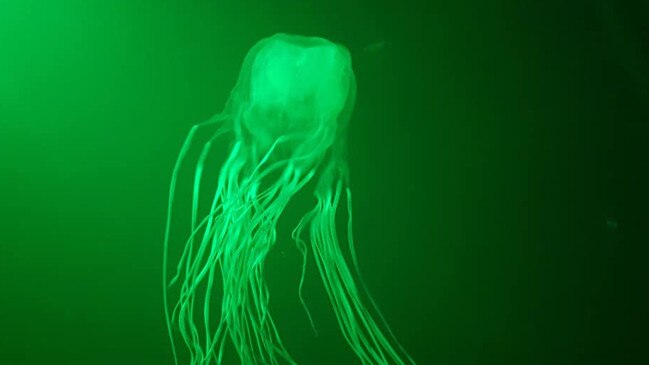
MORE NEWS
How online videos saved Weipa man from croc
What animals are telling us about the weather
10 of the craziest FNQ animal stories of 2020
“It has been received extremely well and we have had some interest from CSIRO who wanted to use the primers,” Mr Bolte said.
“We developed those primers for chironex fleckeri (box jelly fish). That’s one of our main marine stingers and then we also developed for three other species like irukandji.”
Filtering water off Magnetic Island, the researchers used micron mesh to isolate DNA left behind by stingers, which was tested using a specially developed primer.
“It’s the same thing that people are doing at a crime scene. You can match the DNA from that species left behind in the environment if you have the primers,” he said.
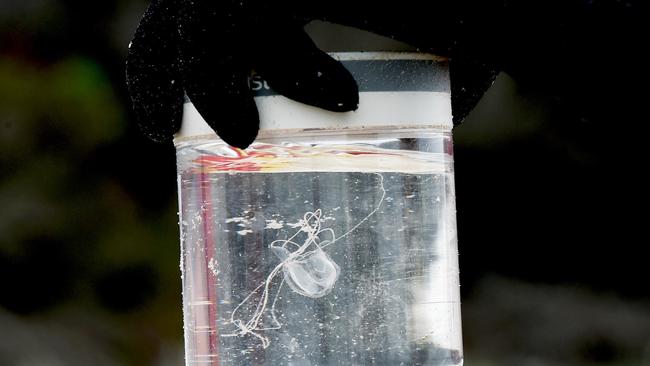
STAY INFORMED:Download the Cairns Post app
Rather than a tool to predict how bad a stinger season could be, the test can at this stage only measure for presence rather an abundance of the jellyfish in the target area.
“We can isolate that section and go ‘OK this is source reef and we know that there is going to be jelly fish in this area’,” he said.
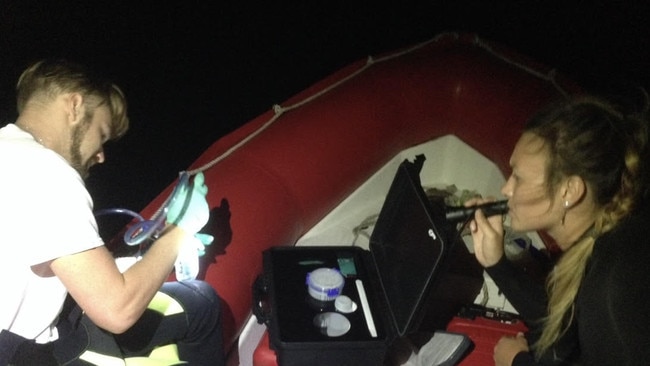
Mr Bolte said understanding the ecology and life cycle of the mystery killers was a step toward learning how to keep swimmers safer.
“So much is unknown about the ecology of cubozoan (jellyfish) in general, we want to be able to test (down) the coast and see if climate change will have a direct link to them going south,” he said.
The marine biologists have also been able to detect jellyfish polyps, which have never been identified before.
Jellyfish reproduce sexually and produce eggs from which tiny coral-shaped polyps emerge.
“When environmental conditions are favourable they turn into what we know as jellyfish,” he said.
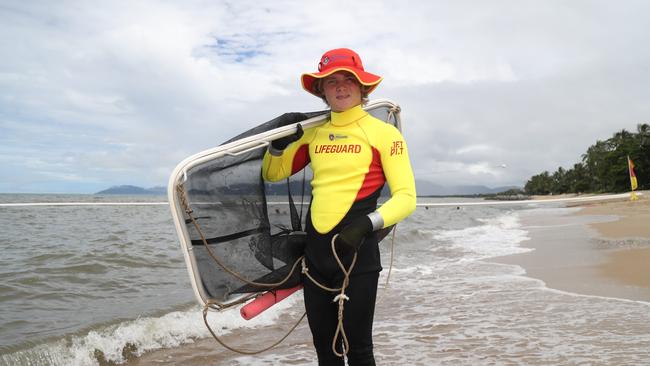
Mr Bolte hoped that labour-intensive and expensive detection by dragging nets and underwater video would soon become a thing of the past.
“They are trying to develop (testing technology) quickly to get them out there so they can be used by surf lifesavers,” he said.
Originally published as Game changing new way to detect deadly marine stingers


